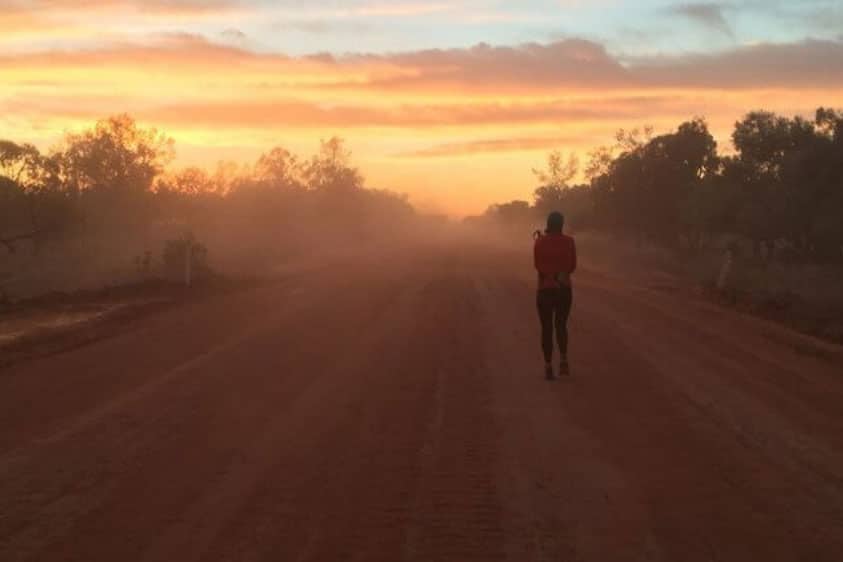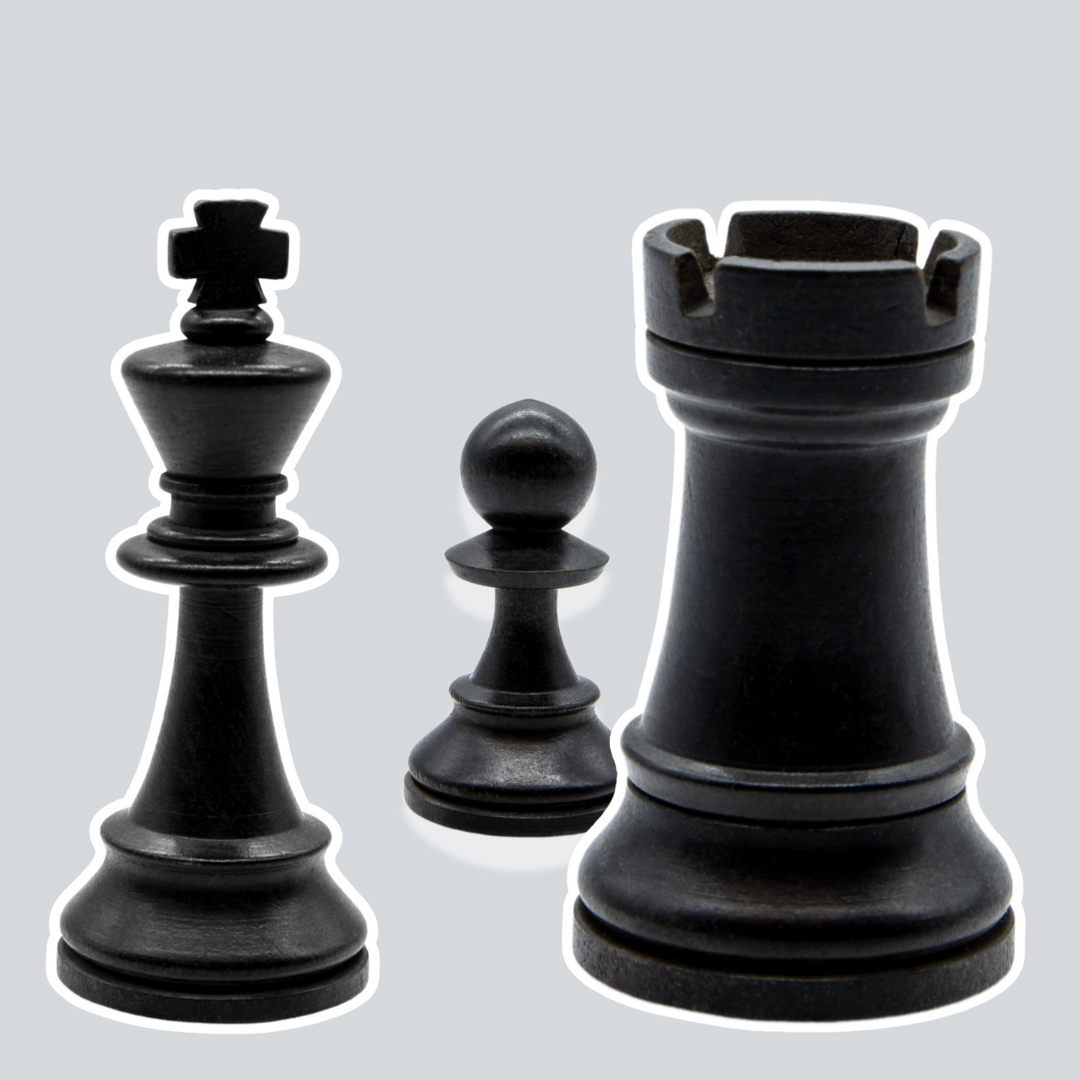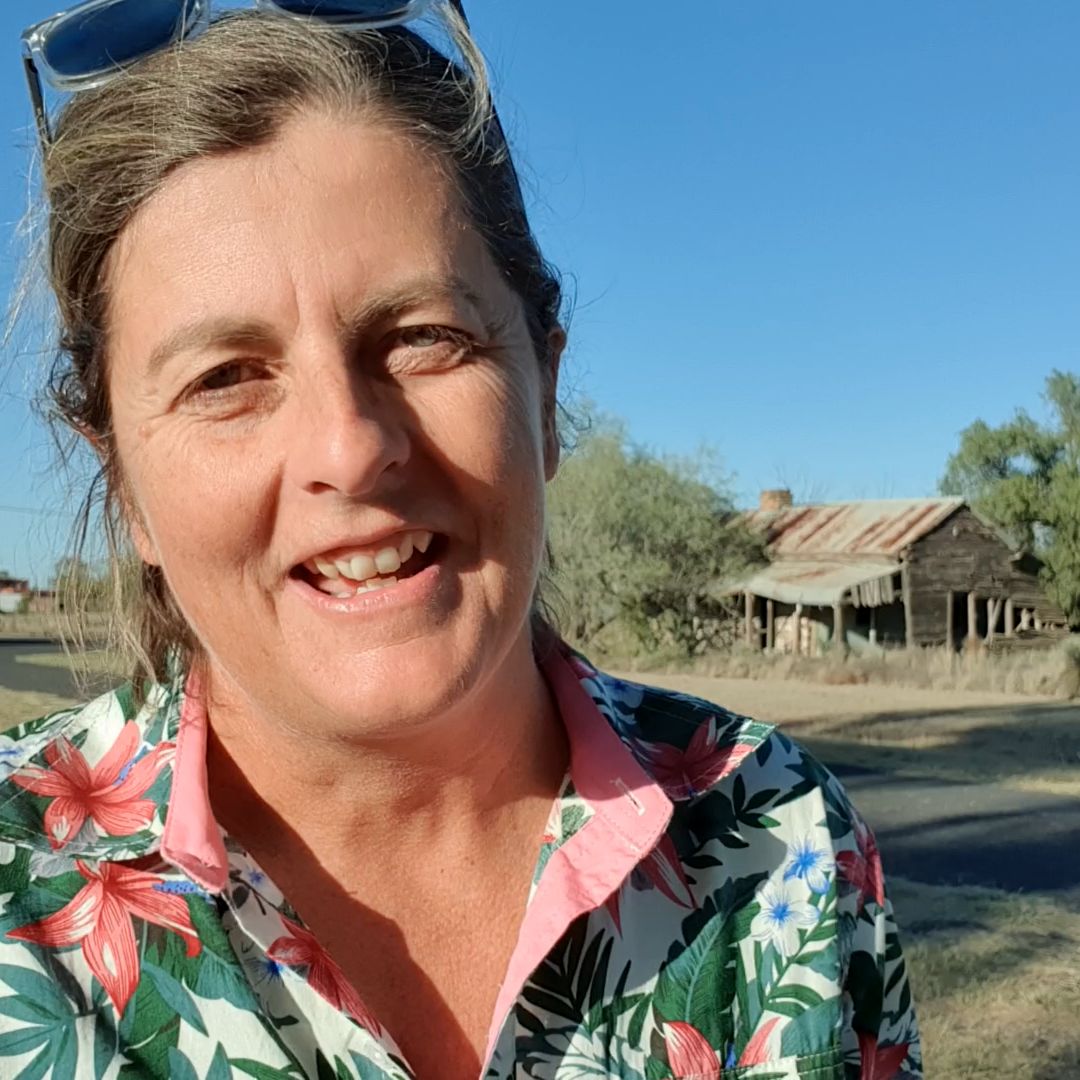Unbiased? That’s When You Shine
Today, we navigate the ups and downs of confirmation bias and work out how to optimise your bias to achieve bold goals.
We all navigate through life with a lens that filters out anything that disagrees with our preconceived notions. We have established opinions and ideas, which our minds use to interpret everything we encounter. It’s how we make sense of the world. It’s also how we get stuck in our own heads, unable to see beyond our beliefs and perspectives.
Confirmation bias is the tendency to search for, interpret, favour, and recall information that confirms one’s pre-existing beliefs or hypotheses. It’s a cognitive shortcut our brains love to take, but it can significantly impact our ability to learn and grow.
I wanted a mental reprieve.
A storm of feelings brewed inside me as I drove the first hundred kilometres toward Broken Hill in NSW’s far west. Red earth stretched to the horizon like a vast canvas, dotted with saltbush and scrub.
I left Cobar around 10 am after a teary start to the day. Sean had travelled for hours to meet me in Cobar so I wouldn’t be alone on my birthday; he left around 8 am. I sulked, did some admin work, and then hit the road.
I last travelled to Broken Hill in 2017. Days later, I ran 1300 kilometres from there back to Sydney in 19 days.
As I drove along, the emotional challenges of that journey bubbled to the surface again. Overwhelmed, I pulled over and logged onto Audible as a mental reprieve from my swirling thoughts.

My mind wanted to be right.
Confirmation bias is our habit of seeking information that reinforces our position.
In learning, confirmation bias tends to appear in the content we absorb. We seek learning experiences that feel good, are credible, or are relatable, and we base our judgements on what we believe to be true.
One way I counteract confirmation bias is by having a diverse list within the Audible library.
That day, Annabel Crabb’s The Wife Drought was the most recent download on my list. My finger hovered over the play button and then withdrew—I fangirl big time around anything created by Crabb—but a seven-hour reminder of how men have it easier than women wouldn’t lift my mood.
Becoming Supernatural by Dr Joe Dispenza held second place. I downloaded it after talking with an American copywriter who worshipped Dispenza. I knew of him but nothing of his work, so I decided to correct that shortfall, starting with an audiobook. My thumb scrolled the screen upward, leaving it for another time.
Tara Brach, I thought, skimming past one of her books—I love you! But with 300km to drive, your voice will be too calming for me right now.
Then I reached The 10X Rule by Grant Cardone.
Cardone is my mental challenge for this month. His over-hyped style of communication irritates me to the extreme. That’s not a personal criticism of him but rather a statement of my limitations.
My hackles go up when I hear folks like Cardone execute their aggressive command-and-control communication. A ton of TV and podcast personalities do it, and it works for their audiences. I’m not part of their audience, traditionally.
The 10X Rule held a position in my playlist with clear intention. I picked it as yoga for my mind, that is, to stretch the boundaries of my biases and to keep my mind supple.

Challenging my confirmation bias is not merely an exercise in cognitive flexibility but a crucial step towards my personal growth and enriched learning.
If left unchecked, confirmation bias can build brick walls in our minds and prevent us from learning. We start to believe that we are right in our opinions—even when the evidence suggests otherwise. We say things like, “I see your point,” while our inner voice picks holes in the other person’s perspective.
Initially, I bristled at Cardone’s style. It was everything I instinctively recoiled from—loud, assertive, and unsparingly direct. But this discomfort signified the opportunity for growth.
“Uncomfortable?” my inner voice said. “Well, that means it’s time to practice some of what you preach!”
If you are lonely when you’re alone, you are in bad company.
— JEAN-PAUL SARTRE
I made the uncomfortable comfortable.
When I teach people about courage, one of the critical skills I build in them is making the uncomfortable comfortable. Instead of waging war on their fear, they learn to direct their energy toward feeling relaxed and safe.
I loosened the muscles in my shoulders, took a few deep breaths and hit play on Cardone.
Instead of succumbing to the discomfort, I recognized the potential of “The 10X Rule” as a tool to challenge my biases and, by extension, open up a whole new world of possibilities.
Challenging confirmation bias is not merely an exercise in academic or cognitive reshaping but a profound journey towards personal enlightenment and growth.
In a world increasingly polarised by entrenched beliefs, may we all find the courage to tear down the mental walls of confirmation bias, making space for a richer understanding and human connection. Challenge your biases, stretch your boundaries, and be open to the endless possibilities in uncharted seas.




